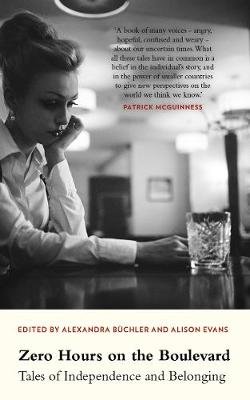
There have been a few anthologies published recently in response to the current political climate. I reviewed one, Tempest, last month – and today I have another. Zero Hours on the Boulevard (ed. Alexandra Büchler and Alison Evans) comes from the Welsh publisher Parthian and is subtitled ‘Tales of Independence and Belonging’. It includes a mixture of English-language originals and translated pieces, often revolving around how individuals may relate to their surroundings (whether old or new). An opening poem in three languages sets the tone: in ‘Lands of Mine’, Hanan Issa writes about being one person from multiple places.
One story that I found particularly affecting is ‘A Birthday Card From the Queen’ by the Maltese writer Clare Azzopardi (tr. Albert Gatt). Old Kelinu spends most of his time making tea, even though he doesn’t like drinking it. He struggles to come to terms with the contemporary world, thinks things were better in days of Empire, and waits patiently for his hundredth birthday when he’ll receive a card from the Queen. The sense is clear that Kelinu is a figure out of time, and his grip on life may be fragile; but there are some piercing moments, such as this, where Kelinu remembers his late wife Maria:
When the tea has cooled he pours it into the sink. He puts a lot of washing-up liquid into the glass and lets the foam rise and rise, then he rinses the glass and rinses away Maria’s face, the white dress gliding across the carpet of a humble church and the hard years that followed. Maria lying in the throes of her illness, heavy as the rain clouds dimming in the light of the room. Nothing remained of Maria’s pear-shaped body, nothing but foam.
Some of the pieces in Zero Hours on the Boulevard concern characters who move (or have moved) to a new place. In ‘When Elephants Fight’, Cameroon-born and Wales-based Eric Ngalle Charles describes his daughter being deeply concerned about what Brexit means for her and asking him where he’s really from. He tells the harrowing tale of what caused him to leave Cameroon, which gives her a new dimension of understanding. ‘The Book of New Words’ by Eluned Gramich sees a German girl start school in England, where she finds the nuances of language rather different from what she’s learned so far. By the time she returns to Germany, her sense of self has shifted. Durre Shahwar‘s ‘Split’ is the short but powerful tale of a woman turned away from the Life in the UK test on a technicality, and Faiza, the invigilator whose mother took that same test in the past. Faiza worries for the woman she glimpses through the Test Centre doors, but is grimly reminded of how little she can do to help.
Other stories in the book revolve around dealing with changes to a familiar place. ‘Mercy’ by Lloyd Markham (an extract from his novel Bad Ideas\Chemicals) takes us to a near-future (or alternative-present) Wales. 19-year-old Louie Jones is trying to jump through the hoops of ‘Careers, Lifestyle & Attitudes’ when he is assigned a work placement at the Mercy Clinic, which leads him to reconsider his relationship with his alcoholic father. This piece is a rush of developments that straddle the borderline between absurd and chillingly plausible. In ‘The Garden’ by Slovak writer Uršul’a Kovalyk (tr. Peter and Julia Sherwood), Ela moves to a new flat in the capital, her modestly-paid job leaving her in a precarious position. She finds the apartment building’s beautiful terraced garden a source of peace, and gets to know Boženska, the old woman who has lived in the building for decades and looks after the garden. The history of the garden comes to stand in for the changing world outside – and, as so many of the stories in this anthology underline, change comes to everywhere and everyone.
Book details
Zero Hours on the Boulevard (2019) ed. Alexandra Büchler and Alison Evans, Parthian Books, 248 pages, paperback.
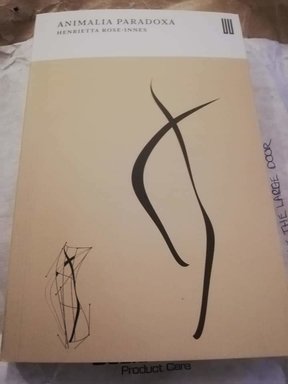
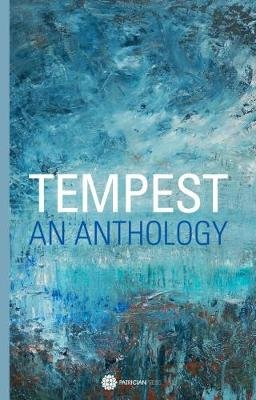
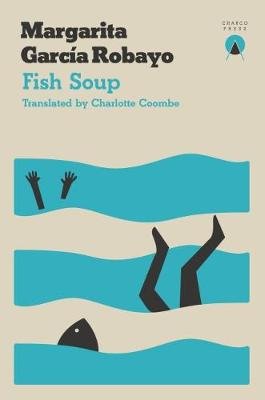
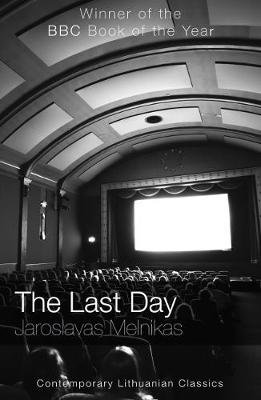


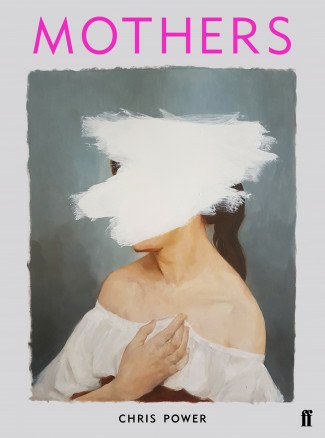
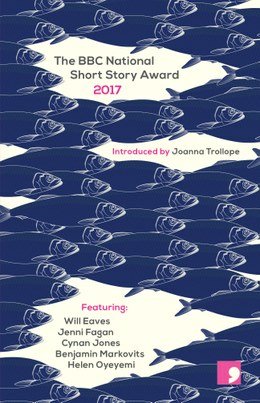
Recent Comments